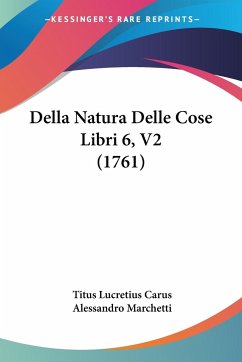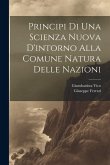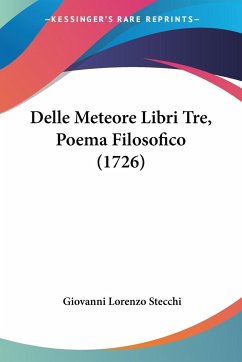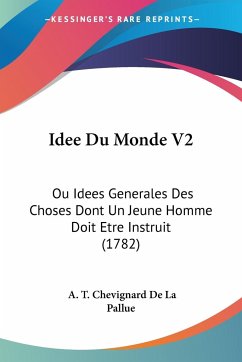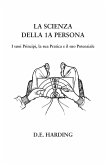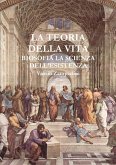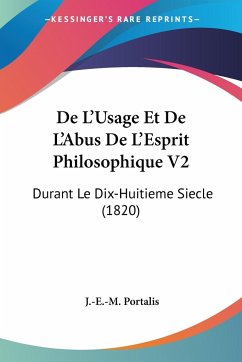""Della Natura Delle Cose Libri 6, V2 (1761)"" di Carus, Titus Lucretius ¿¿¿¿¿ un'opera filosofica che tratta della natura dell'universo e della vita umana. Il libro ¿¿¿¿¿ diviso in sei libri e presenta una visione materialistica del mondo, in cui tutto ¿¿¿¿¿ composto da atomi e il destino dell'uomo ¿¿¿¿¿ determinato dalla natura stessa. Carus esplora anche temi come la religione, la morte e la felicit¿¿¿¿¿¿, offrendo una prospettiva critica e razionale. Questa edizione del libro ¿¿¿¿¿ stata pubblicata nel 1761 e presenta il secondo volume dei sei libri.This Book Is In Italian.This scarce antiquarian book is a facsimile reprint of the old original and may contain some imperfections such as library marks and notations. Because we believe this work is culturally important, we have made it available as part of our commitment for protecting, preserving, and promoting the world's literature in affordable, high quality, modern editions, that are true to their original work.
Bitte wählen Sie Ihr Anliegen aus.
Rechnungen
Retourenschein anfordern
Bestellstatus
Storno

